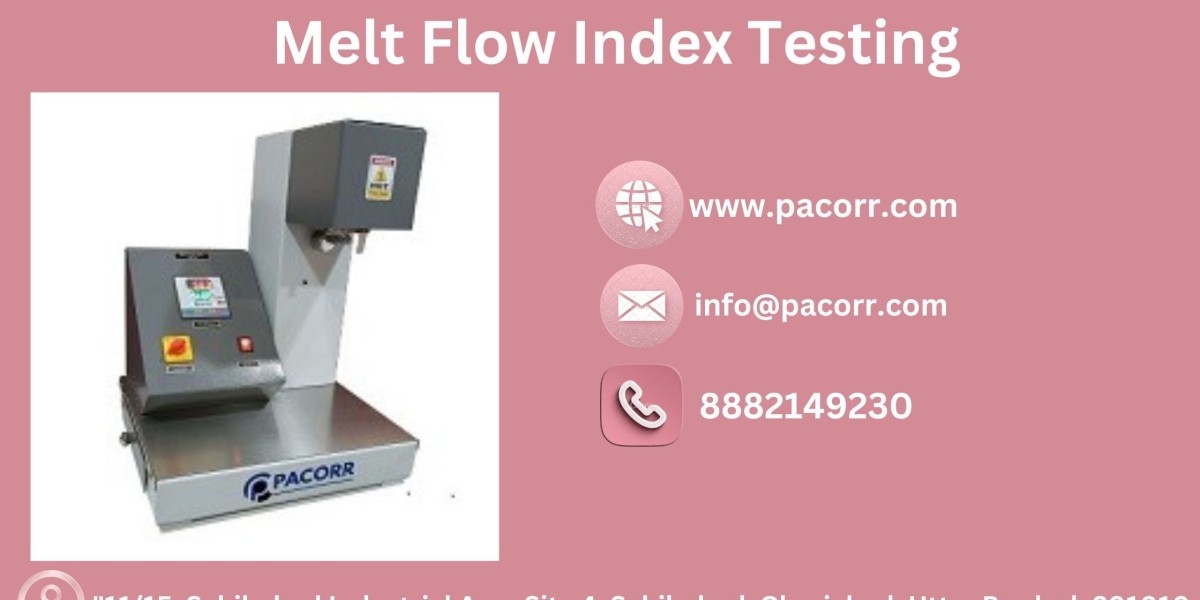Understanding the Melt Flow Index Tester: An Essential Tool for Quality Control in Manufacturing
In the world of manufacturing, quality control is paramount. Ensuring that materials meet specific standards is critical to producing reliable, high-quality products. One of the key instruments used for this purpose is the Melt Flow Index (MFI) Tester. This device plays a crucial role in the plastics industry by measuring the flow properties of polymer melts, providing valuable insights into material characteristics. This article delves into the functionality, importance, and applications of the Melt Flow Index Tester, highlighting its significance in quality control processes.
What is a Melt Flow Index Tester?
A Melt Flow Index Tester is an instrument used to determine the melt flow rate (MFR) of a thermoplastic polymer. The MFR is the rate at which a polymer flows under a specific load and temperature, and it is expressed in grams per 10 minutes. This measurement provides an indication of the material's viscosity, which is a critical parameter in various manufacturing processes.
How Does the Melt Flow Index Tester Work?
The testing process involves heating a polymer sample until it reaches a molten state. The molten polymer is then extruded through a die of specified dimensions under a pre-determined load. The MFI Tester measures the amount of polymer that flows through the die over a set period, typically 10 minutes. The result is the melt flow index, which helps manufacturers understand the material's flow characteristics.
Importance of the Melt Flow Index Testing
- Material Characterization: The melt flow index is a key property that describes the flow behavior of polymer melts. By knowing the MFI, manufacturers can predict how the material will behave during processing, such as extrusion, injection molding, and blow molding.
- Quality Control: Consistent MFI values ensure that the materials used in production meet the required specifications. This consistency is crucial for maintaining product quality and performance.
- Process Optimization: Understanding the MFI of materials allows manufacturers to optimize their processing conditions. This optimization can lead to improved efficiency, reduced waste, and lower production costs.
- Compliance with Standards: Many industries have specific standards and regulations regarding material properties. The MFI Tester helps manufacturers comply with these standards, ensuring that their products are safe and reliable.
Applications of the Melt Flow Index Tester
- Plastics Manufacturing: The primary application of the MFI Tester is in the plastics industry, where it is used to evaluate the flow properties of various thermoplastic materials.
- Research and Development: In R&D laboratories, the MFI Tester is used to study the effects of different additives, fillers, and processing conditions on polymer flow properties.
- Quality Assurance: Manufacturers use the MFI Tester as part of their quality assurance processes to verify that incoming raw materials and finished products meet the required specifications.
- Material Selection: The MFI Tester aids in the selection of suitable materials for specific applications, ensuring that the chosen polymer will perform as expected in the final product.
Features of the Melt Flow Index Tester
Modern Melt Flow Testers come with a range of features designed to enhance accuracy, ease of use, and data management. Some of these features include:
- Digital Display: For easy reading of test results and settings.
- Automated Testing: Reducing the need for manual intervention and improving repeatability.
- Data Storage and Analysis: Allowing users to store test results and perform detailed analysis.
- Temperature Control: Ensuring precise heating of the polymer sample to the desired test temperature.
- Interchangeable Dies and Weights: Enabling testing under different conditions to meet various standards.
Conclusion
The Melt Flow Index Tester is an indispensable tool in the manufacturing industry, providing critical insights into the flow properties of thermoplastic polymers. By measuring the melt flow rate, this instrument helps manufacturers ensure consistent product quality, optimize processing conditions, and comply with industry standards. Whether in quality control labs, R&D facilities, or production floors, the MFI Tester plays a vital role in maintaining the integrity and performance of polymer-based products.








